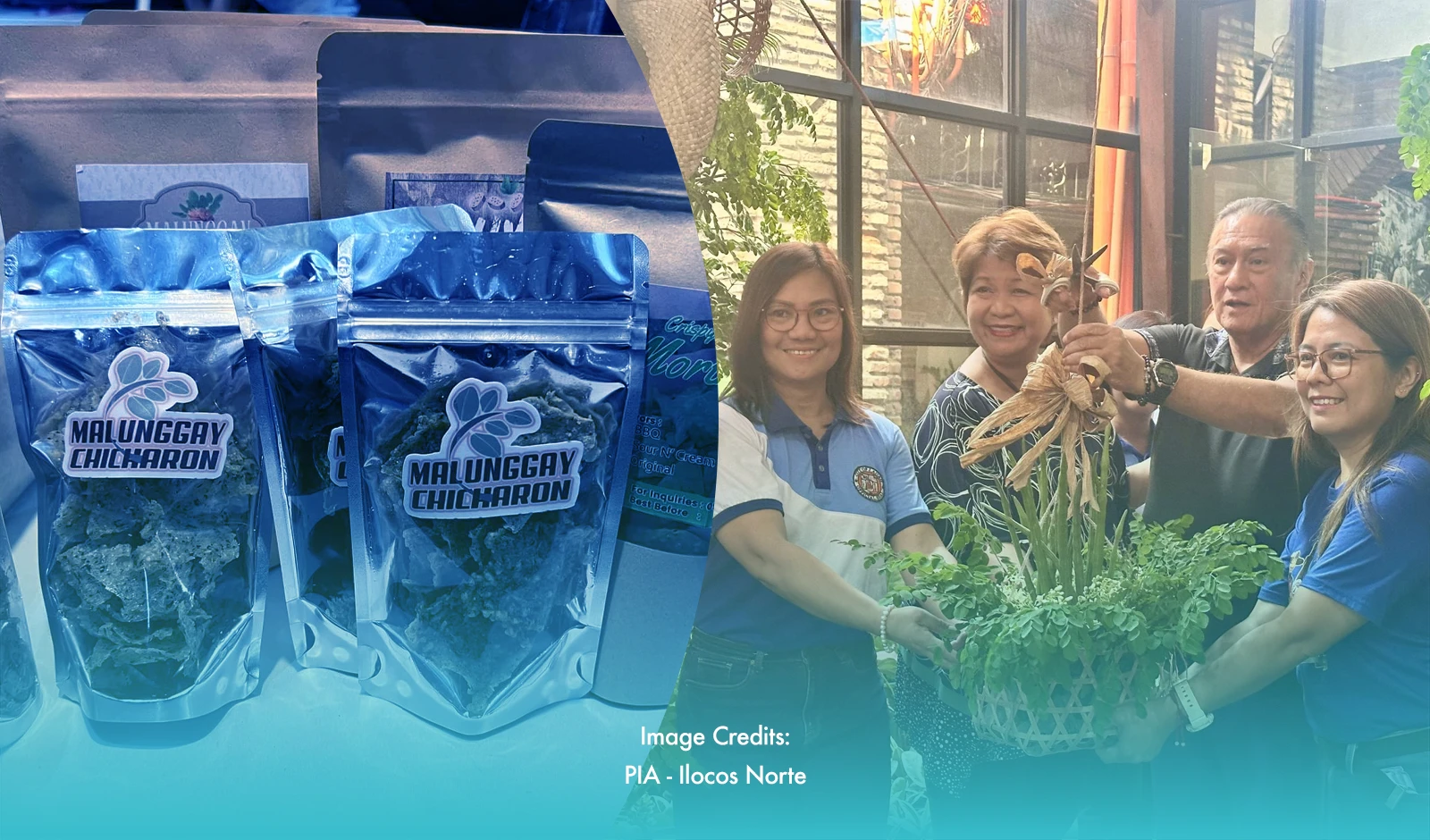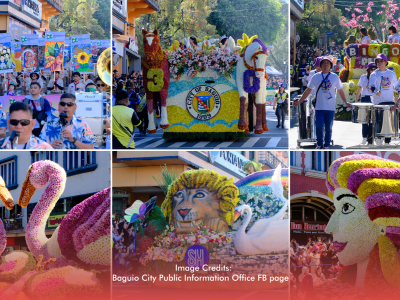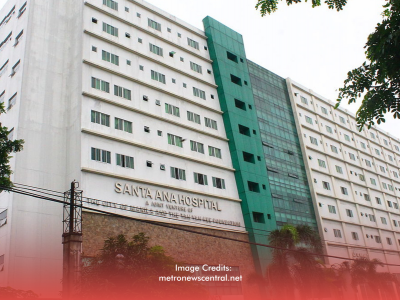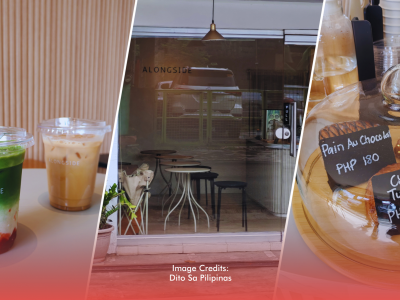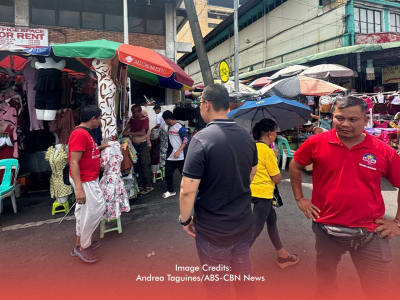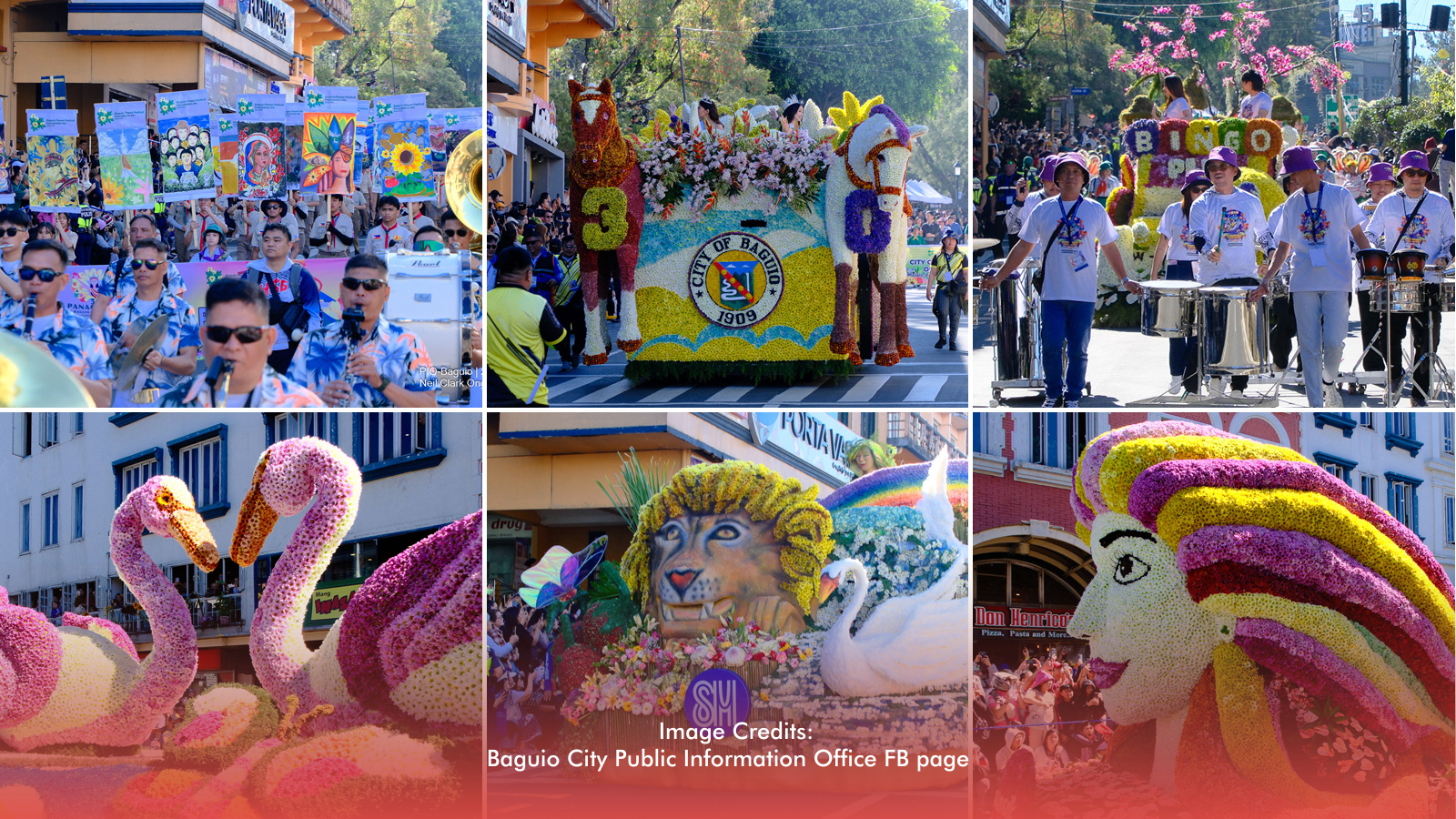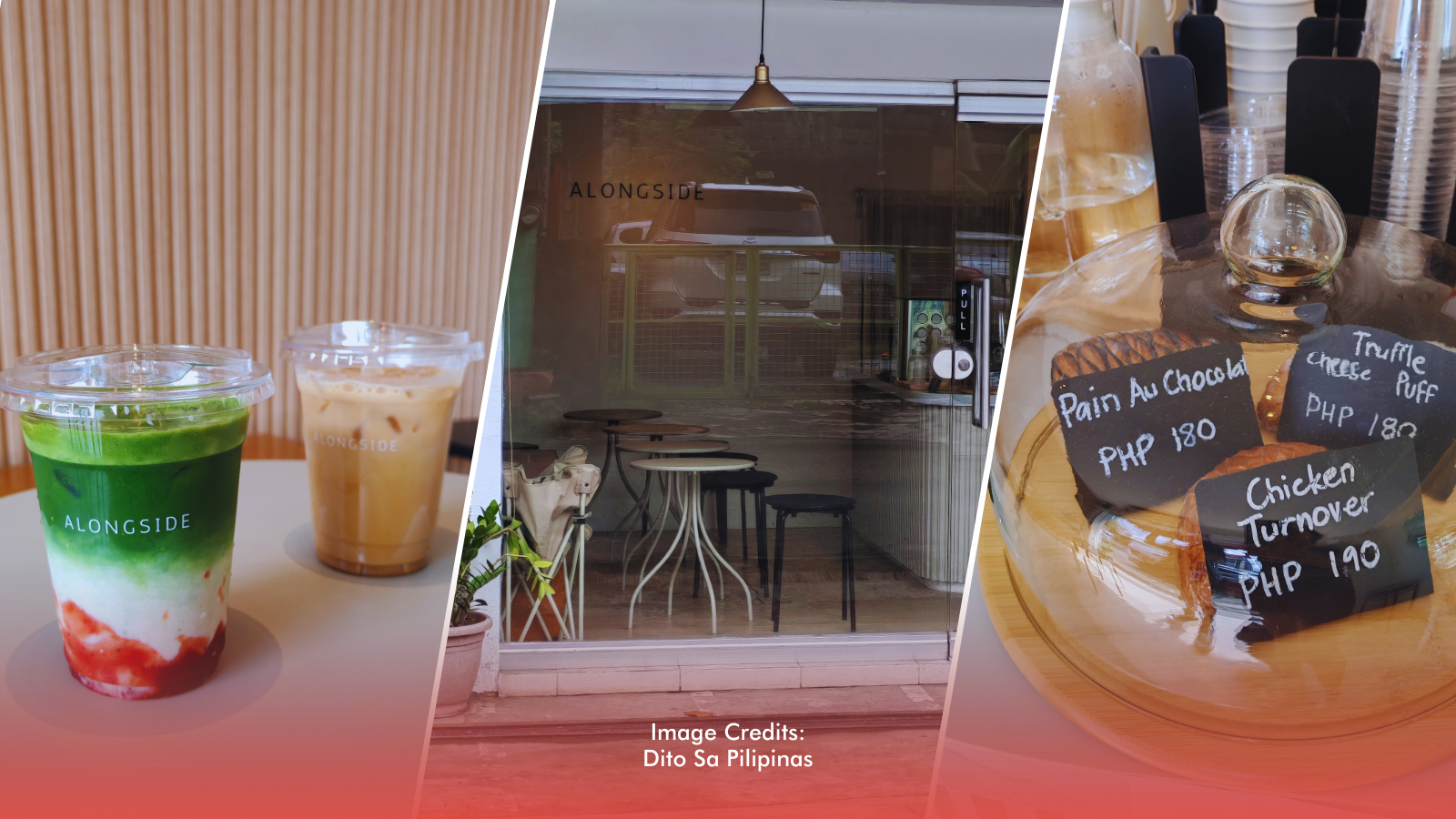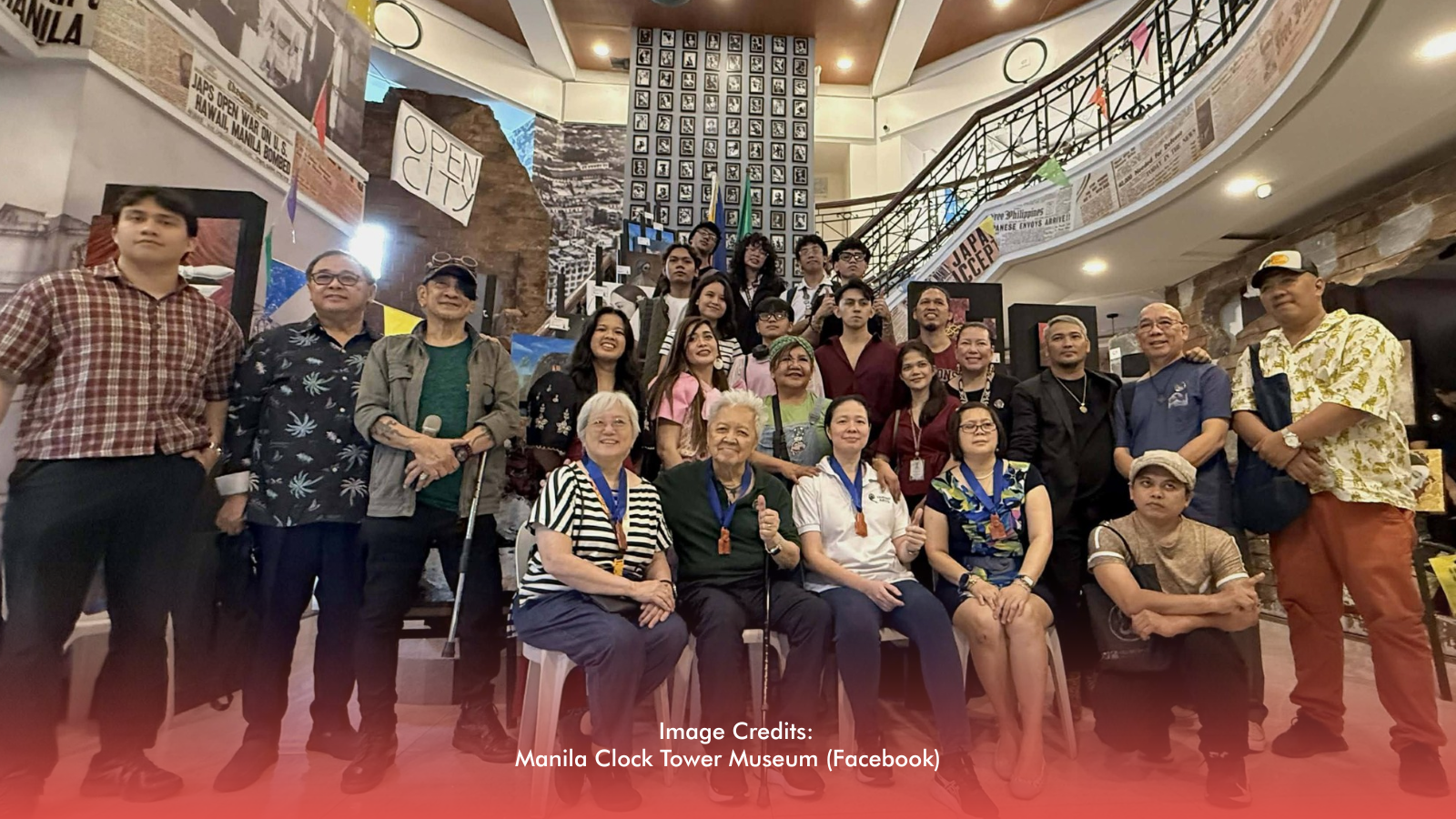Ilocano dishes augmented by superfood malunggay (moringa) took center stage during the "Dulang" (food) cookfest as part of the 4th Marunggay Festival.
According to local agriculturist Sheila Marie Opelac, the event was held to highlight the health advantages of the abundant vegetable in Laoag City.
“In this festival, we want to highlight the innovativeness and talent of our Laoageños. Moreover, it brings together our students, rural improvement clubs, and homemakers to demonstrate their skills and innovations in developing moringa food products,” she said.
Showcasing malunggay’s versatility
The festival showcased creative dishes such as pusi-lunggay, a steamed filled squid with pork and marunggay leavess.
Additional dishes were moringa longanisa (sausage), moringa cordon bleu, marunggay embutido (meatloaf), and chicken roulade with marunggay pesto.
Marunggay was also featured in favorite Ilocano desserts like bilo-bilo (glutinous rice balls cooked in coco milk), bukayo (strips of coconut meat cooked in caramelized brown sugar), and kalti (fried banana, sweet potato, and glutinous rice balls with dipping sauce made of caramelized brown sugar, tapioca, and vanilla extract).
Because of the government's many initiatives, such as livelihood training and food processing that turns marunggay leaves into noodles, cookies, pretzels, pan de sal (Filipino bread rolls), and beauty goods like soaps and lotions, marunggay is a viable source of revenue in the city.
Malunggay’s power
Malunggay's pods, leaves, seeds, and roots make it one of the healthiest crops on the planet.
Malunggay leaves are higher in beta-carotene than carrots, have more protein than peas, contain more vitamin C than oranges, possess more calcium than milk, have more potassium than bananas, and contain more iron than spinach, according to health experts.
Malunggay is a versatile plant that can be utilized for a variety of purposes, including food, medicine, dye, oil, water purification, fertilizer, pesticide, fence, rope, soft wood, and living trellis.
The 80 villages that make up Laoag city are using vacant land to extend their plantations. This includes the village streets, which are now lined with marunggay trees.

